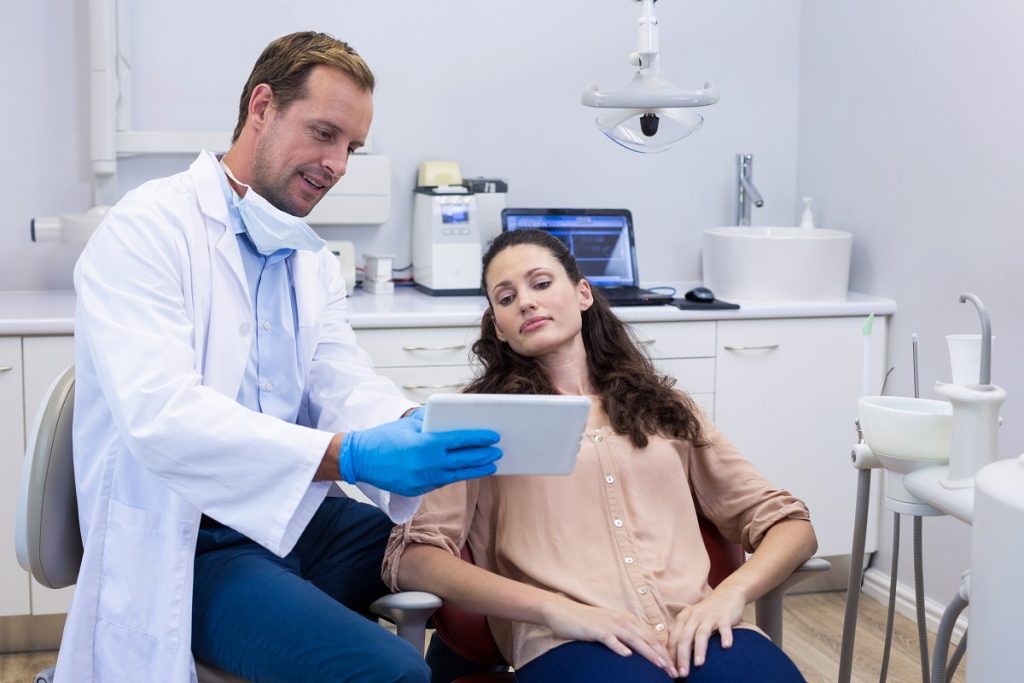Focus on what is truly important
The sweeping effects of the Covid-19 virus are continuing to change the way that each of us live, across the world, on a daily basis. One of the main notable changes that have been brought about by the virus – besides the obvious, such as face-coverings – is that more and more people are focusing on their health and fitness levels. This is a step in the right direction, as a better diet and regular exercise are tried-and-tested methods to boost how we feel and improve our overall health.
This being said, it could be argued that there is an area of our health which has been largely overlooked when focusing on preserving our health and wellbeing. Our dental care is something which it is easy to ease up on during uncertain times, however if we do not look after our gums and teeth then it can potentially lead to some serious health ramifications. This is why anyone who perhaps feels that they have not been taking proper care of their teeth and gums over the last few months should now call upon their dentist in Richmond so that they can have their oral health assessed by an expert and get the necessary care they need to be truly living their healthiest life.
Recognising signs of gum disease
One of the most commonly found problems which patients have with their oral health comes from their gums. Our gums act, in many ways, as shields or barriers which protect our teeth and the rest of our mouths. Gingivitis is an early-stage gum infection which precedes periodontal disease (or gum disease as it is more commonly known) which is, to date, the second leading cause of adult tooth loss after trauma. One indicator that you may have gum disease in development is having continuous bad breath, which can interfere in social situations, as well as make any prolonged journeys with a facemask on quite unsavoury.
Another common indicator that you maybe should make an appointment with a trusted dental hygienist, is if you are continually spitting blood when brushing or flossing. This is typically a sign that you may have gingivitis, which is less severe than periodontal disease, but can develop into it if treatment is not sought out. One of the main problems with periodontal disease is that it is often painless, and as such is easy to ignore. However, if left untreated, the infection within your gums can spread elsewhere throughout your body and result in the need for more extensive – and often expensive – treatment becoming necessary.
What can a dentist do?

When people consider dentistry, mostly we think of it in a reactive sense – i.e dealing with trauma, or putting in fillings. However, the treatment of gingivitis or periodontal disease is something which is called ‘preventative dentistry’ and is usually carried out by dental hygienists. It is the job of a good hygienist to make sure that your gums and your teeth are fit and healthy, and if any signs of infection are present, the hygienist makes sure they are irradiated through treatment or through recommending treatment from your dentist.
The hygienist also carries out what is called a ‘scale and polish’ service which professionally and efficiently cleans away any marks, stains and plaque that may have formed within pockets throughout your mouth. This treatment is one of the best ways of keeping your teeth in tip-top condition and also leaves you with a visibly whiter, brighter and overall healthier looking smile.
